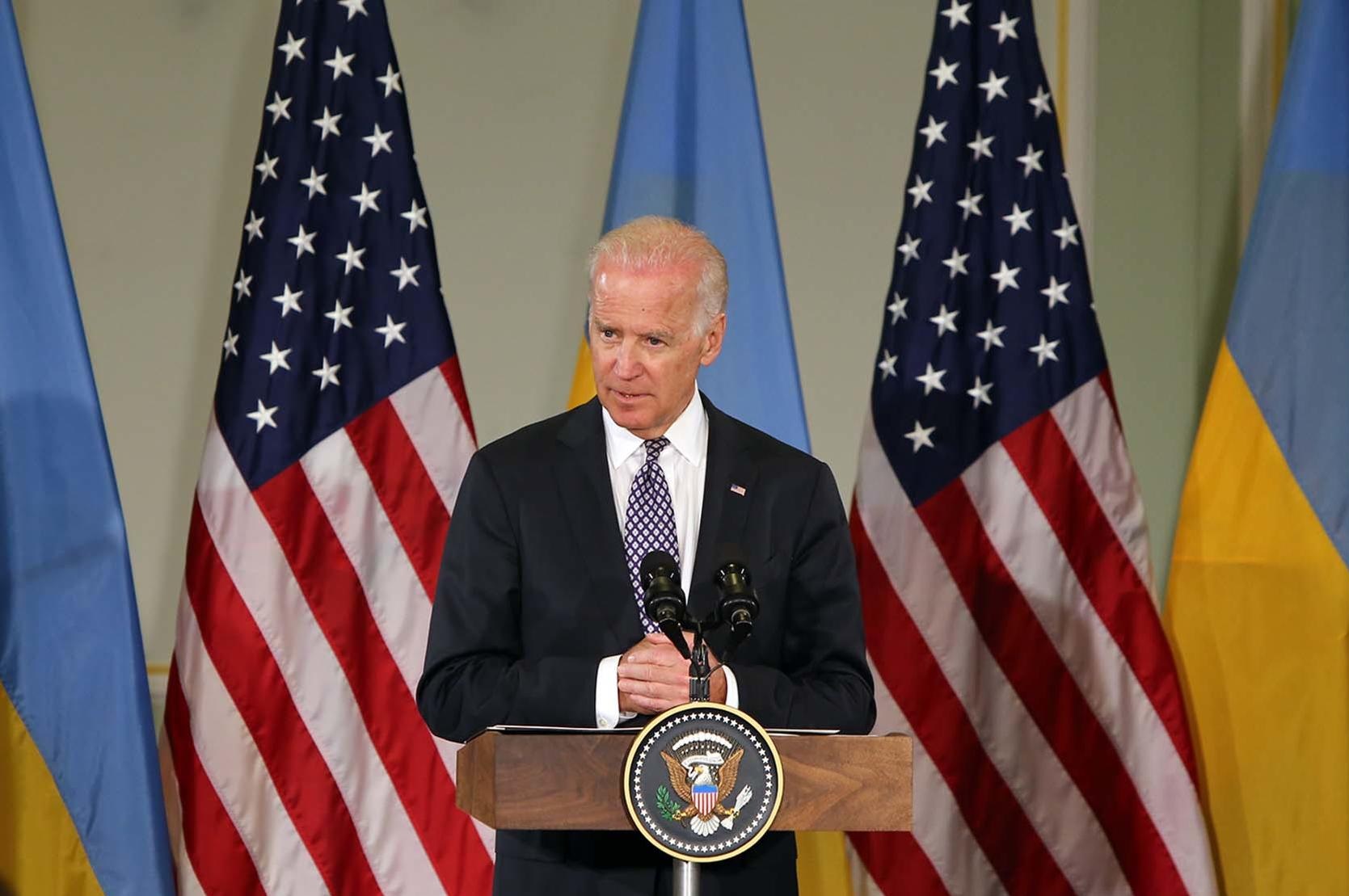European Centre for Counterterrorism and Intelligence Studies, Germany & Netherlands – ECCI
The AfD and young voters: Anxiety and disappointment
DW – More and more young people in Germany are voting for the far-right AfD. Experts have said that this comes from a mixture of disappointment in politics and anxiety about the future.
When the Alternative for Germany (AfD) party was founded in 2013, it had the reputation of an old man’s club: gray hair, suits, professors, businessmen from the baby boomer generation. It seemed to be composed mostly of men dissatisfied with the fiscal and foreign policies of Chancellor Angela Merkel.
Eleven years later, hardly any of that political landscape remains. Merkel is no longer chancellor, and the AfD has changed dramatically. It has become more radical, but it has also become much younger. And this became increasingly clear during the European Union and state elections that took place in Germany in 2024.
The anti-immigration party campaigned heavily for the votes of young people. For example, in the eastern state of Thuringia, AfD state chairman Björn Höcke organized a motorcycle rally at the end of the election campaign. His supporters rattled through towns and villages on smoky and smelly two-wheelers made by Simson, a motorcycle manufactured in the former East Germany that is now popular among young people. The rally was accompanied by a professionally coordinated campaign on TikTok, Instagram and other social media, and drew the attention of most of the country’s traditional media as well.
AfD goes all in on social media
The anti-immigration populist party employs numerous PR experts from its right-wing “apron,” as it calls the numerous far-right groups that have gathered around the party. This fuels the mood on social media with emotional and polarizing campaigns.
With provocative messages such as “Germany is going bankrupt,” or proclamations that the government of Chancellor Olaf Scholz “hates you,” they play on fears that many young people have. And then they immediately offer a solution: the AfD.
Clearly, the campaigns have been successful: in the state election in Brandenburg on Sunday, almost one in three young people voted for the AfD. In comparison: three years ago, around 50% of young people voted for the parties of the governining coalition, i.e. the Greens, Free Democrats (FDP) and Social Democrats (SPD).
“These three parties have failed in the eyes of young people,” explained Klaus Hurrelmann in an interview with Deutschlandfunk radio. One of the most renowned researchers on youth in Germany, he regularly conducts scientific surveys with young people and analyzes their attitudes and views.
“They have not managed to get their own issues across: Climate, education, prosperity, peace.”
Pessimistic view of the future
According to Hurrelmann, it is critical to the AfD’s success that the current federal government appears incapable of taking action. “Young people are pragmatic, they want a government that tackles and solves the problems. And now there is a party that promises them blue skies and says: ‘Vote for us!’ And that is the AfD.”
Experts believe that disappointment is compounded by fear of the future. This is shown by the latest major survey Hurrelmann presented earlier this year. According to the study, many teenagers and young adults are pessimistic about the future. They are worried about social decline, war, or not being able to find a home. The result is noteworthy, because the job prospects for young people in Germany have not been this good in years, due to the baby boomers reaching retirement age.
The great urban-rural divide in eastern Germany
But why is the AfD particularly successful in eastern Germany? According to sociologist Steffen Mau from Humboldt University Berlin, this has to do with a pronounced urban-rural divide. In his book “Ungleich vereint” (Unequally United), he wrote: “In the east, there is a much bigger gap between young people in the city and their peers in the countryside.” Outside the urban centers, the AfD dominates, according to Mau. “The urban-rural divide could, as it stands, be decisive for the division of society in eastern Germany.”
According to many other experts, it is alarming that the AfD and its ilk are becoming increasingly openly racist and radical in their campaigns. At the AfD’s election party in Brandenburg, supporters of the party youth sang loudly and exuberantly to a self-recorded pop song: “We’ll deport them all!” the dancing group bellowed. In a video for the song, the creators use racist clichés of allegedly threatening dark-haired and dark-skinned foreigners who endanger Germany. At the same time as they present themselves as the blonde, radiant and sexy saviors of Germany who deport immigrants by the planeload.
This kind of hateful content is evidently becoming increasingly popular with young people. “Right-wing extremist, nationalist, and authoritarian positions have increased,” amongst the young, according to Klaus Hurrelmann.
Nevertheless, when you look at society as a whole, they still form a minority. This was underlined by a study conducted by the University of Leipzig in 2023, which found that only a very small proportion of people in eastern Germany have a consolidated right-wing extremist world view.
All experts agree that TikTok and similar platforms are having a formative influence on young people’s political attitudes and voting behavior because social media is their most important source of information.
What can help? Philipp Sälhoff of the Berlin think tank Polisphere tokd DW: “Education. Media education and media literacy are a huge issue. It has to be in schools, it has to be in the curriculum.”



